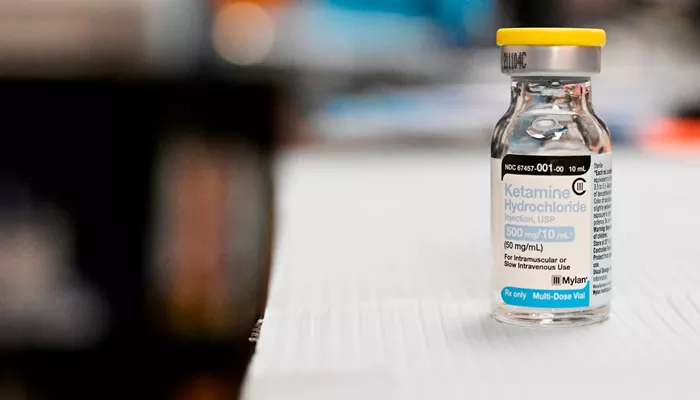Around 10 percent of Americans suffer from major depressive disorder (MDD) at any given time. Over the course of a lifetime, about 20 percent of people will experience symptoms. Yet, current treatments often fail. Traditional antidepressants don’t work for about 30 percent of those diagnosed.
Ketamine, when given at a low dose through infusion, acts fast. It can relieve depression symptoms within hours—even for people who haven’t responded to other treatments. However, these benefits typically fade within a week.
Continued infusions are needed to maintain results, but frequent use carries risks. These include dissociation, possible addiction, and a high chance of relapse when treatment stops.
Now, researchers from Vanderbilt University may have found a way to make a single ketamine dose last longer—up to two months. The study, published in the journal Science, was led by Zhenzhong Ma, a research assistant professor, and overseen by Professors Lisa Monteggia and Ege Kavalali.
Monteggia, who leads the Vanderbilt Brain Institute, explained that the work is based on a model they created to understand how ketamine quickly relieves depression. Past studies showed ketamine activates a key brain signaling pathway called ERK.
This pathway is critical for ketamine’s lasting antidepressant effects, but not for its immediate impact. Ketamine works by boosting synaptic plasticity—the brain’s ability to form new connections—which relies on ERK.
Ma and the team tested whether they could keep ERK active longer and extend ketamine’s benefits. To do this, they used a compound called BCI. This drug blocks a protein that normally reduces ERK activity. When that protein is blocked, ERK stays active, and ketamine’s antidepressant effects last much longer—up to two months in lab models.
Monteggia emphasized that while BCI itself may not be ready for clinical use, the research proves an important concept. It shows that targeting specific pathways inside brain cells can extend ketamine’s benefits. This could lead to new medications that enhance or maintain ketamine’s effects with fewer risks.
Ege Kavalali, chair of the Department of Pharmacology, co-led the research with Monteggia. Both scientists have been working on this project from the start. They hope the findings will inspire further studies to find safer, long-term ways to improve depression treatment.
Graduate student Natalie Guzikowski and postdoctoral fellow Ji-Woon Kim also contributed to the study.
This discovery offers hope for more sustainable treatment options for people living with depression—without the need for repeated ketamine infusions.


